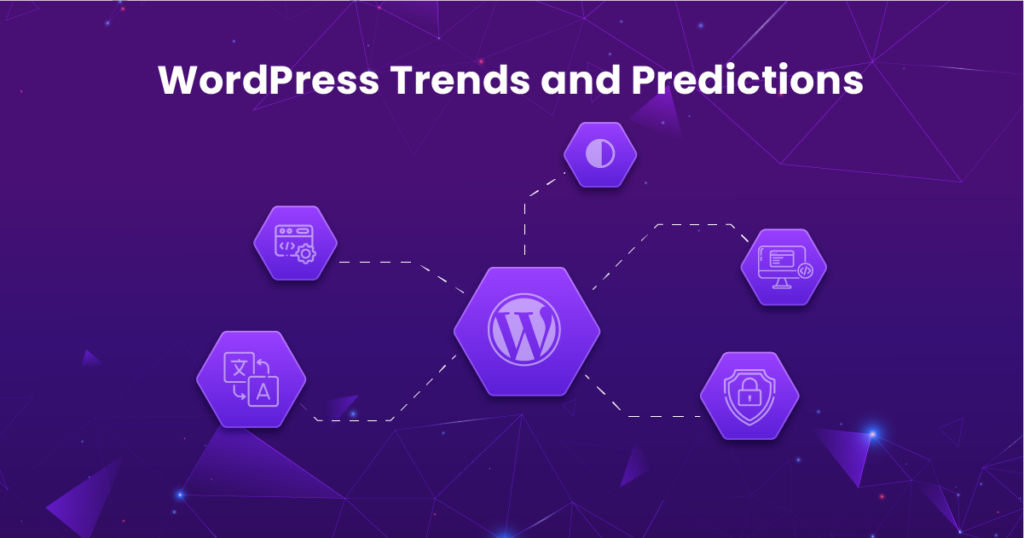Maximizing WordPress Potential: A Unified Guide to Peak Performance and SEO Optimization

WordPress is a robust content management system, but unlocking its full potential requires a holistic approach to optimization. In this comprehensive guide, we’ll explore strategies to elevate your WordPress site’s performance, focusing on both speed and user experience, while also delving into key SEO optimizations for improved search engine visibility.
1. Selecting a Lightweight and SEO-Friendly Theme:
Choose a theme that strikes a balance between being lightweight and SEO-friendly. Opt for a responsive design to enhance both performance and search engine rankings.
2. Optimizing Images for Speed and SEO:
Boost your website’s loading speed and SEO by optimizing images. Utilize compression tools or plugins to reduce file sizes while ensuring image quality. Implement lazy loading to prioritize content loading and adhere to SEO best practices.
3. Leveraging Caching Strategies for Peak Performance and SEO Excellence:
Enhance page load times and SEO rankings with effective caching mechanisms. Utilize popular caching plugins like W3 Total Cache or WP Super Cache to store static page versions, reducing server load and contributing to improved SEO performance.
4. Minimizing HTTP Requests for SEO Success:
Streamline your website’s performance and SEO by minimizing HTTP requests. Combine and minify CSS and JavaScript files using plugins like Autoptimize, optimizing load times and positively impacting SEO rankings.
5. Optimizing Your Database for SEO Prowess:
Maintain a clean and SEO-friendly database structure by regularly optimizing your WordPress database. Leverage plugins such as WP-Optimize or Optimize Database after Deleting Revisions to remove unnecessary data.
6. Global SEO Impact with a Content Delivery Network (CDN):
Extend your SEO reach globally by integrating a Content Delivery Network (CDN). Services like Cloudflare or StackPath distribute static content globally, reducing latency and contributing to enhanced SEO performance on a global scale.
7. Strategic Updates for SEO Success:
Stay on top of SEO rankings by regularly updating your WordPress core, themes, and plugins. These updates not only enhance security but also incorporate optimizations essential for improved SEO performance.
8. Code Optimization for SEO Triumph:
Elevate your SEO ranking by maintaining clean and well-organized code. Remove unnecessary elements, optimize white spaces, and use tools like Prettier or Tidy to structure code for improved readability and SEO success.
9. Limiting External Scripts for SEO Excellence:
Strategically limit external scripts to boost SEO rankings. Include only essential scripts and leverage asynchronous loading to prevent script-related delays, ultimately contributing to improved SEO performance.
10. SEO-Driven Performance Monitoring:
Regularly monitor your website’s SEO performance using tools like Google PageSpeed Insights or GTmetrix. Ongoing monitoring provides insights into areas needing improvement, allowing you to continually refine optimization strategies for sustained SEO success.
By combining these strategies, your WordPress website will achieve optimal speed, efficiency, and improved search engine rankings. Whether you focus on enhancing performance or boosting SEO, a unified approach ensures a well-rounded and competitive online presence. Regularly assess metrics and refine optimization strategies to stay ahead in the dynamic online landscape.



